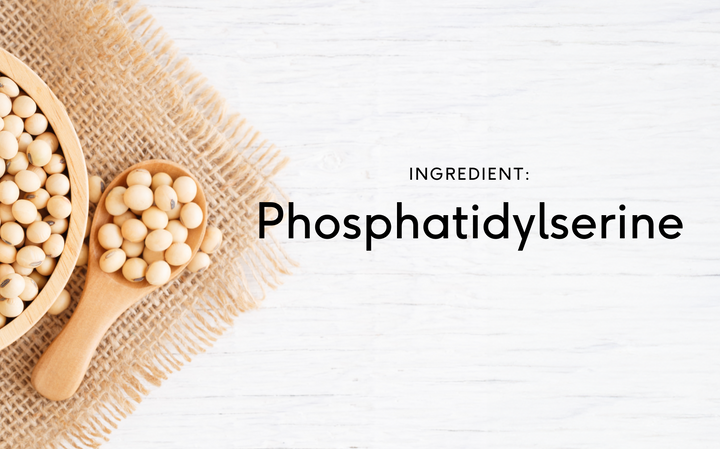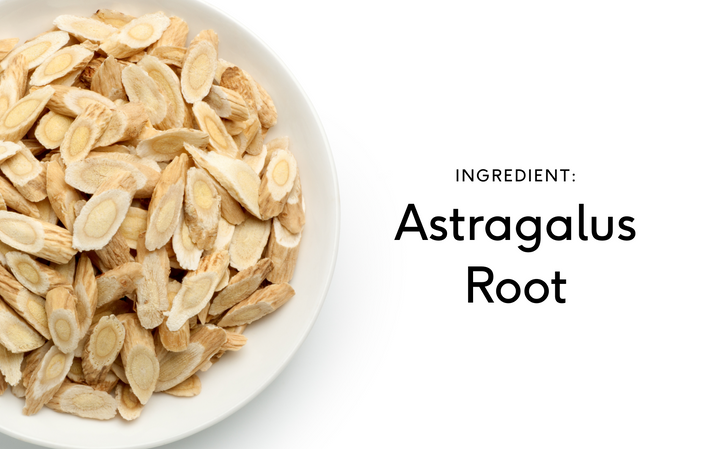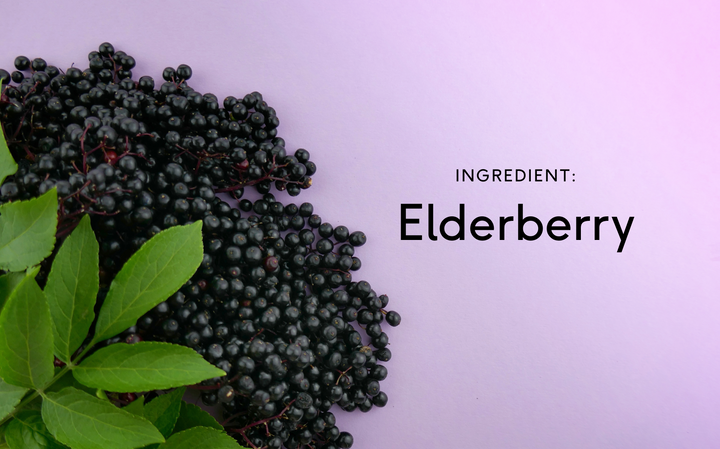Feel Algae Omega - The Sustainable Alternative to Fish Oil
Table of contents

Omega-3: The essential fatty acids
Omega-3 fatty acids are a group of long-chain polyunsaturated fats that play a significant role in providing many essential health benefits. Although there are 11 types of fatty acids, not all omega-3s are created equal; the 3 essentials are Eicosapentaenoic acid (EPA), Docosahexaenoic acid (DHA) and Alpha-linolenic acid (ALA).
ALA is the most common omega-3 fatty acid in our diet, as it’s mostly found in plant-based foods such as vegetable oils, nuts, and seeds. As a precursor of EPA and DHA, ALA must be converted in the body before it can provide the full beneficial effects. However, only a small percentage of ALA is converted to EPA and even less to DHA. While ALA is known to have some heart-health benefits, such as maintaining normal blood cholesterol levels, the evidence for EPA and DHA omega-3s is stronger and more specific.
EPA and DHA are the most effective long-chain fatty acids. Just like ALA, these fatty acids are unable to be made in the body and so they must be obtained from supplements or dietary sources such as seafood, fatty fish and algae, meat and dairy from grass-fed animals, and omega-3-enriched or pastured eggs. EPA and DHA have numerous clinically proven benefits from heart health, vision, brain function and supporting maternal health. According to research, less than 20% of the global population consumes the recommended amount of 250mg of EPA and DHA per day¹, which can lead to poorer overall health, particularly for the ageing population.
The Rise for Sustainable Omegas
Omega-3 supplements are generally associated with fish and marine-based products; they make up most of the omega-3 market, with fewer plant-based options readily available. That said, the move toward sustainable omega-3 sources is gradually on the rise due to plant-based omegas being healthier, more sustainable, and an economically accessible option.
Consumers are also becoming increasingly aware that oceans and rivers may be contaminated with toxic pollutants such as polychlorinated biphenyls (PCBs), dioxins, and heavy metals, such as mercury and consuming these may counteract any beneficial effects provided by Omega-3. Not to mention, toxins and heavy metals can accumulate in fatty fish, which is why there are often health warnings surrounding the overconsumption of particular fish species in young people and pregnant or breastfeeding women.
Concerns regarding the actual quality of fish oil supplements are making consumers consider the move to purchase plant-based sources. Fishing is now a mass-market and is part of the extensive fishmeal industry and animal feed industry. In fact, almost a fifth of the world’s total catch of wild fish is processed into fish meal or fish oil, of which 69% of fishmeal and 75% of fish-oil production are used to feed farmed fish and animals², which means that only a small percentage of the forage fish caught today is destined for human consumption as food or omega-3 supplements.

But do we know how stable and pure these oils are?
There is a wide variety of independent studies exploring the quality and stability of omega-3 fish supplements; most of this research has concluded that many fish oils in the market exceed the recommended industry oxidation levels. For example, a study in New Zealand found that 83% of fish oils on the market exceeded recommended peroxide levels and provided lower concentrations of EPA or DHA than what was declared on the label³. In South Africa, 80% of the omega-3 fish supplements contained high peroxide levels⁴, which posed a concern for vulnerable groups such as pregnant women and children. In addition, a total of 171 North American over-the-counter omega-3 supplements were analysed for oxidation safety, 50 % exceeded the voluntary recommended levels for markers of oxidation, and of more concern, children’s fish oils had significantly higher total oxidation levels compared with all other products⁵.
Rest assured, here at Feel, we focus on the quality and purity of our supplements and for this reason, we have provided a sustainable, quality plant-based fish alternative.
Feel Algae Omega - Your sustainable solution!
Our Algae omega is 100% plant-based, derived from Schizochytrium sp. We use a trademark ingredient life’s™OMEGA, which is the first and only commercially available plant-based omega-3, that delivers the benefits of EPA and DHA fatty acids in a single, quality source. Don’t be fooled by the plant-based approach, algal oil still provides the same level of bioavailability as fish oil and even comes without the added extras, such as toxins and contaminants!
Our Algae Omega is the perfect daily supplement for those who are vegan, vegetarian, pregnant, or simply looking for a more sustainable and cleaner source to fish. It also appeals to a new generation of consumers who are looking for an environmentally friendly source but still provides the health benefits of EPA and DHA. Not to mention, they taste better too! Feel Algae Omega does not have the fishy aftertaste; our capsules contain Rosemary extract which not only acts as an antioxidant to preserve the oxidation of fat during and after production but also helps to enhance the flavour.

What makes our Algae Omega so special?
- High-quality. Our algal oil provides 1000mg of high-strength Omega-3. In comparison to alternative high-quality plant-based sources (flaxseeds, chia seeds, rapeseed oil), algae oil still provides a superior level of omega-3.
- Sustainable. We cut out the middle fish! According to research, 20% of the global fish catch is used for the fish oil industry². What many people don’t know is that Algae is the primary and most potent source of Omega 3, which is where fish get their omega from. Algae is much lower down the food chain compared to fish and so it provides a more efficient and sustainable source of omega 3, reducing the loss of fish.
- Purer, cleaner source. Our algae is grown in controlled, unpolluted fermentation pools which do not interfere with the marine ecosystem. The algae is then harvested and processed using gentle water extraction and pressing processes to obtain the purest omega-3 oils. The purity of the algae is regularly monitored to ensure it contains no heavy metals, PCB or contaminants, unlike marine sources.
Just two daily capsules of Feel Algae Omega contain 1000mg of high-quality toxin-free, vegan omega-3 providing 150mg of EPA and 300mg DHA; the beneficial amount proven to support brain, vision, and heart health⁷.
We believe there’s no healthy you without a healthy planet, and it’s never too late to invest in your health and the environment. Experience the health benefits of our plant-based, more sustainable and cleaner omega-3 oil, all while supporting the marine ecosystem and relieving the pressure on global resources!
¹ https://www.sciencedirect.com/science/article/pii/S0163782715300333² https://changingmarkets.org/wp-content/uploads/2019/04/REPORT-WEB-UNTILL-THE-SEAS-DRY.pdf
³ Albert, Benjamin B. et al. Fish oil supplements in New Zealand are highly oxidised and do not meet label content of n-3 PUFA. Scientific Reports 5 (2015).
⁴ https://pubmed.ncbi.nlm.nih.gov/24240381/
⁵ Oxidation levels of North American over-the-counter n-3 (omega-3) supplements and the influence of supplement formulation and delivery form on evaluating oxidative safety - PMC (nih.gov)
⁶ EUMOFA (2021). European Market Observatory for Fisheries and Aquaculture Products
⁷ EPA and DHA contribute to the normal function of the heart. DHA contributes to the maintenance of normal vision. DHA contributes to the maintenance of normal brain function. The beneficial effect is obtained with a daily intake of 250 mg of DHA/EPA.













































 Back
Back





